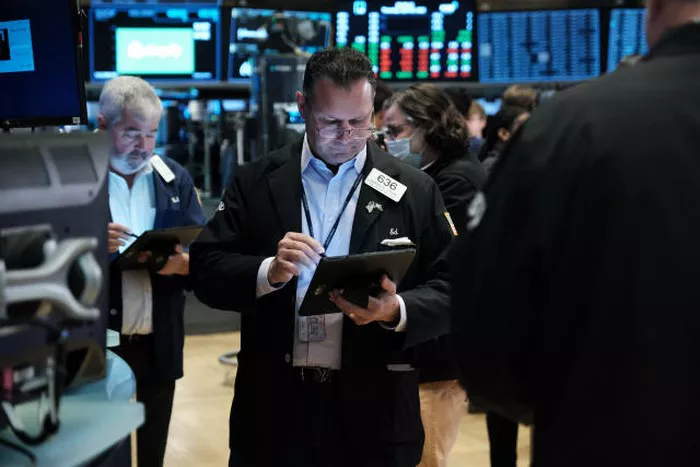When it comes to investing in the stock market, you may come across various financial instruments that can be quite confusing, especially if you’re a beginner. One such instrument is “futures.” In this article, we will delve into the meaning of futures in stocks and explore their significance in the financial markets.
Understanding Futures Contracts
-
Introduction to Futures
Futures contracts are derivative financial instruments that represent an agreement between two parties to buy or sell an asset at a specified price and predetermined future date. They are standardized contracts traded on regulated exchanges, providing investors with exposure to various underlying assets, including stocks, commodities, currencies, and more.
-
Purpose of Futures
The primary purpose of futures contracts is to allow market participants to hedge against price volatility or speculate on future price movements. By entering into a futures contract, buyers and sellers can lock in a price today for an asset that will be delivered or settled in the future.
Futures in the Context of Stocks
-
Stock Futures
In the context of stocks, futures contracts enable investors to speculate on the future value of individual stocks or stock market indices. These futures contracts are often based on popular stock market indices, such as the S&P 500, Nasdaq 100, or Dow Jones Industrial Average, and provide exposure to a basket of stocks within the index.
-
Contract Specifications
Stock futures contracts specify the underlying stock or index, the contract size, expiration date, and the agreed-upon price at which the transaction will occur. Each futures contract represents a fixed quantity of the underlying stock or index.
-
Leverage and Margin
Futures trading involves the use of leverage, which means that investors can control a larger position in the market with a relatively smaller amount of capital. To trade futures, investors are required to maintain a margin account, which is a fraction of the total value of the futures contract. This allows traders to amplify potential gains but also exposes them to higher risks.
The Significance of Futures in Stocks
-
Risk Management
Futures contracts play a crucial role in risk management for investors and businesses. They provide a mechanism for hedging against potential price fluctuations, allowing market participants to protect themselves from adverse movements in the stock market. For example, a portfolio manager may use stock index futures to offset potential losses in their equity portfolio.
-
Price Discovery
The trading of futures contracts contributes to the price discovery process in the stock market. As participants buy and sell futures based on their expectations of future stock prices, it helps establish fair and transparent market prices. These prices reflect market sentiment and incorporate the collective views of market participants.
-
Liquidity and Market Efficiency
The existence of futures contracts enhances liquidity in the stock market. Futures trading provides an avenue for investors to enter or exit positions in a more efficient manner, as futures markets often exhibit higher trading volumes compared to the underlying stock markets. This liquidity facilitates smoother transactions and enhances overall market efficiency.
-
Speculation and Investment Opportunities
Futures contracts also attract speculators who seek to profit from price movements in the stock market. Speculators provide liquidity to the market and play an important role in increasing trading activity. Additionally, for those looking to diversify their investment portfolio, futures offer an alternative investment avenue to gain exposure to the stock market.
-
Portfolio Management and Asset Allocation
Futures contracts allow investors to implement various investment strategies and manage their portfolios effectively. By incorporating stock futures into their investment mix, investors can adjust their exposure to different asset classes, hedge against potential risks, and optimize their overall asset allocation.
Conclusion
Futures in stocks are derivative financial instruments that enable investors to speculate on the future price movements of individual stocks or stock market indices. These contracts provide opportunities for risk management, price discovery, liquidity enhancement, speculation, and portfolio management. Understanding the concept and significance of futures in stocks is valuable for investors seeking to diversify their portfolios, protect against market volatility, and take advantage of investment opportunities in the dynamic world of the stock market. As with any financial instrument, it is important to conduct thorough research, understand the risks involved, and seek professional advice when considering trading futures in stocks.


